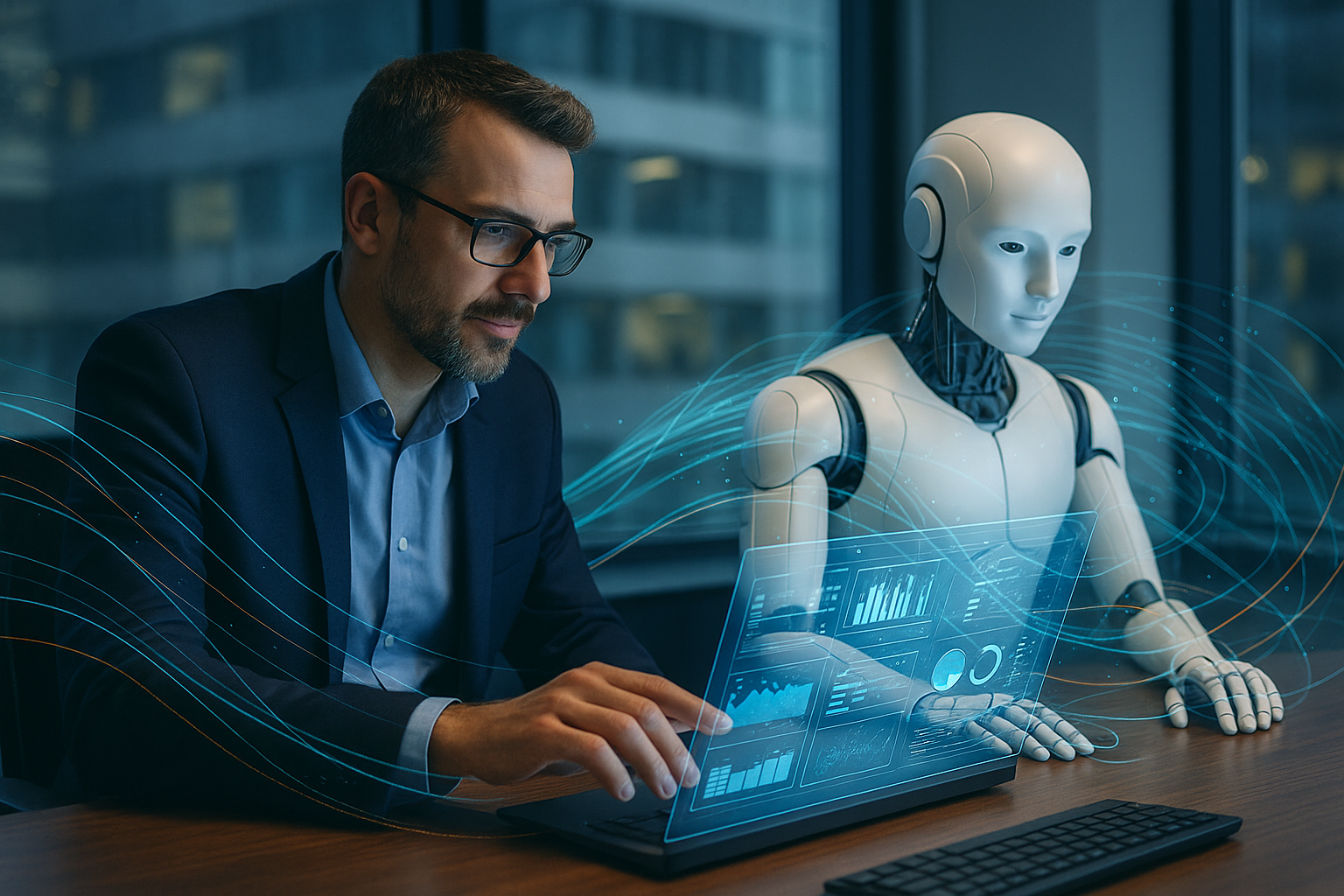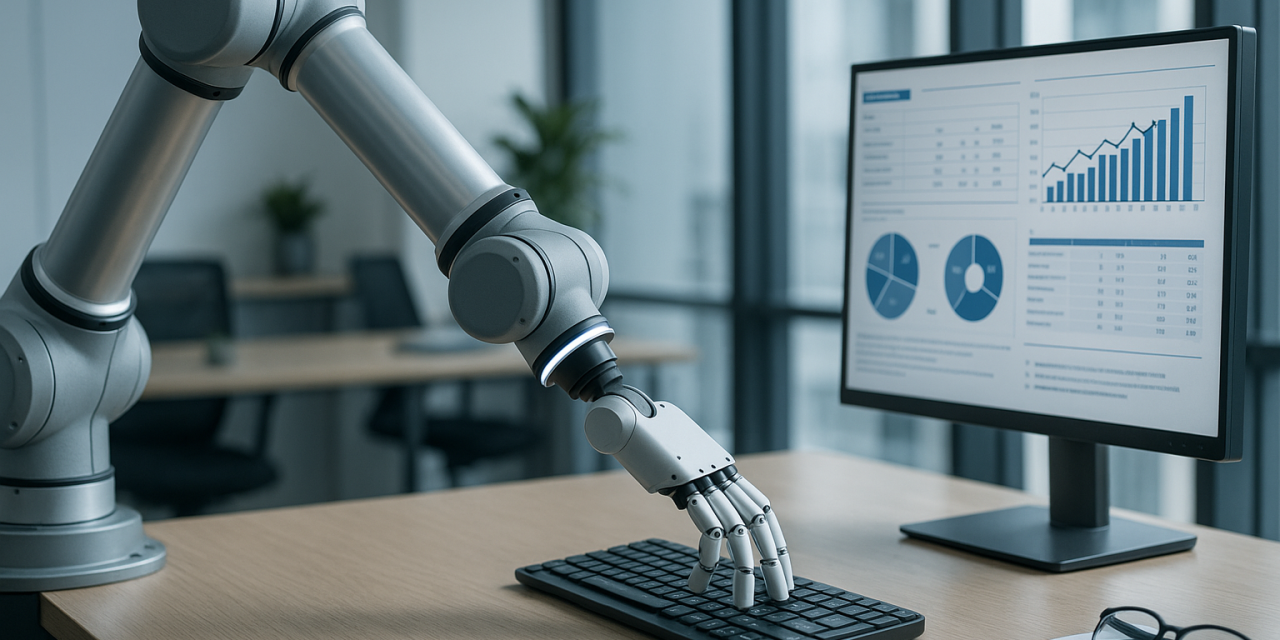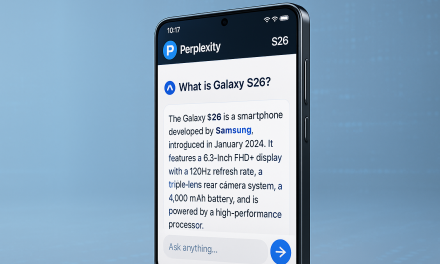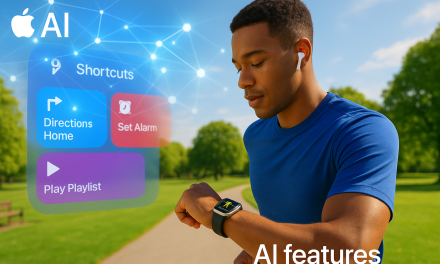The artificial intelligence revolution has long promised to transform the nature of work, but a new San Francisco startup named Mechanize is taking that promise to an extreme. With an aggressive mission to automate white-collar jobs ‘as fast as possible,’ Mechanize is signaling a new, accelerated phase in the AI-driven disruption of the workforce. This bold approach is sparking both excitement and alarm, forcing a critical re-evaluation of the future of employment.
\n\n
Mechanize’s strategy focuses on developing highly specialized AI tools designed to take over tasks traditionally performed by human white-collar workers. This isn’t just about automating repetitive data entry; it’s about building AI systems capable of handling complex analytical, creative, and decision-making processes. The company’s rapid development cycle and ambitious goals suggest a belief that many professional roles can be significantly streamlined, if not entirely replaced, by intelligent automation.
\n\n
The implications of such rapid automation are profound. On one hand, proponents argue that it will lead to unprecedented gains in productivity and efficiency, freeing up human talent for more innovative and strategic endeavors. Companies could see significant cost reductions, and new industries and job categories might emerge to support the AI-driven economy. This perspective envisions a future where AI handles the mundane, allowing humans to focus on higher-level creativity and problem-solving.
\n\n
On the other hand, the aggressive pursuit of white-collar automation raises serious concerns about economic displacement and societal impact. Critics worry about mass unemployment, widening income inequality, and the potential for widespread social unrest if large segments of the workforce are unable to adapt to the new economic landscape. The speed at which Mechanize aims to deploy its tools intensifies these anxieties, leaving little time for individuals and governments to prepare for such a seismic shift.
\n\n
The ethical considerations are also paramount. As AI takes on more complex and sensitive tasks, questions of accountability, bias, and fairness become even more critical. Who is responsible when an AI makes a mistake that impacts a person’s livelihood? How do we ensure that AI tools are developed and deployed in a way that benefits all of society, rather than just a select few?
\n\n
Mechanize’s mission is a stark reminder that the future of work is not a distant concept; it’s being built today, with increasing speed and ambition. The company’s aggressive stance serves as a wake-up call for policymakers, educators, and individuals to proactively address the challenges and opportunities presented by advanced AI. The automation acceleration is here, and how we respond to it will define the economic and social fabric of the coming decades.







